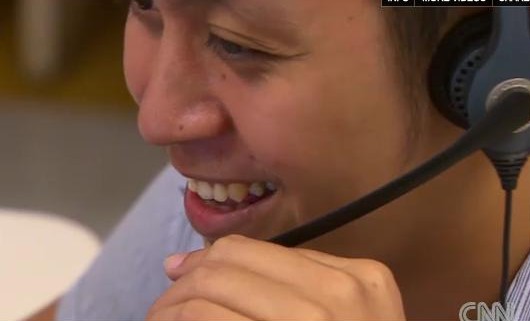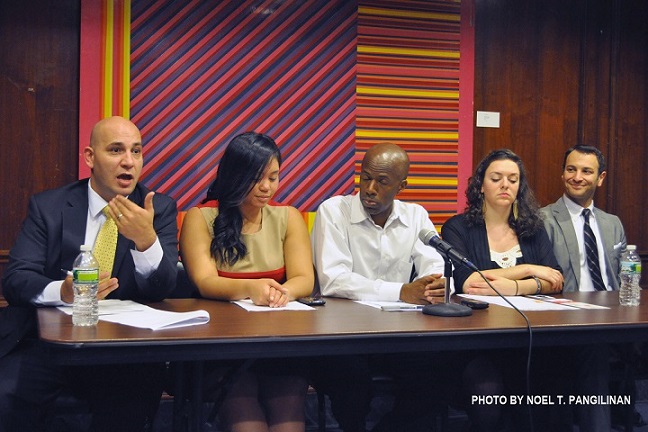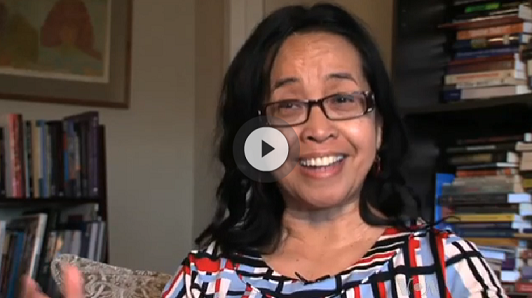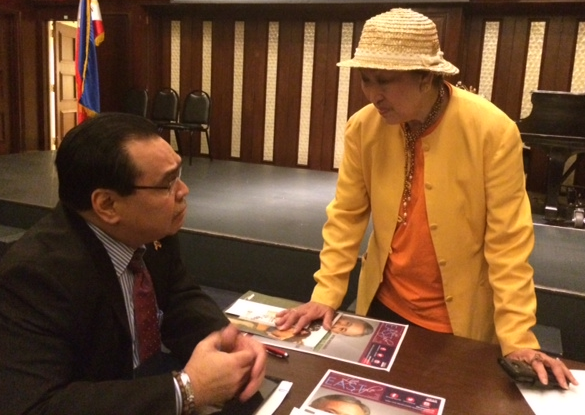No freedom for the Monster of Calauan

By Cristina DC Pastor
College sweethearts Eileen Sarmenta and Allan Gomez were about to head home that ill-fated night of June 28, 1993. The U.P. Los Baños (UPLB) students – seated in front beside the driver — were waiting for the Toyota Tamaraw to fill up with passengers when a group of armed men swooped down on the jeepney and dragged them out. The 19-year-olds were forcibly thrown in the back of the same vehicle where they were tied up and gagged.
Eileen would later be assaulted by former Calauan, Laguna Mayor Antonio Sanchez, and gang-raped and killed by his goons. Allan would be shot dead too. It was a crime so horrific it shocked the Catholic country to its core.
Fast forward to August 22, 2019, when news erupted that Sanchez was eligible for parole on “good behavior.” It boggles the mind that this monster would even have a shot at seeing the daylight outside of a prison cell.
Sanchez’s name found its way on a list of about 11,000 prisoners who could benefit from a law increasing Good Conduct Time Allowance for prisoners on “good behavior.”
He was sentenced to seven years of reclusion perpetua for the rape and murder of Eileen and the murder of Allan. That’s a total of 360 years in jail for the crimes he committed against the young Agriculture students at UPLB. Sanchez’s henchmen Baldwin Brion, Luis Corcolon, Rogelio Corcolon, George Medialdea, Zoilo Ama, and Pepito Kawit were also sentenced to seven life terms.
Sanchez – in and out of incarceration – has never known goodness nor practiced it. In jail, he was reported to have stashed drugs in his cell and hid them inside an image of the Virgin Mary. Given what he did, by what rationale can he even be considered for “good behavior?”
The anger among Filipinos in and out of the country ripped through social media and forced the Philippine Department of Justice and Bureau of Corrections to retreat from the decision to release Sanchez.
Still, there are disturbing questions that need to be answered. The first is the most obvious. Who slipped Sanchez’s name on the list of prisoners to be released?
Did money change hands? How is he allowed to do drugs behind bars? What other perks does he enjoy? Who is his protector?
The sad conclusion one can draw from this episode is that the Philippine justice system is so riven by corruption that a monster who figured in “a plot seemingly hatched in hell” (to quote Judge Harriet Demetriou) may get to sniff freedom having served only 24 years.
Filipinos are being vigilant on this case.
© The FilAm 2019











